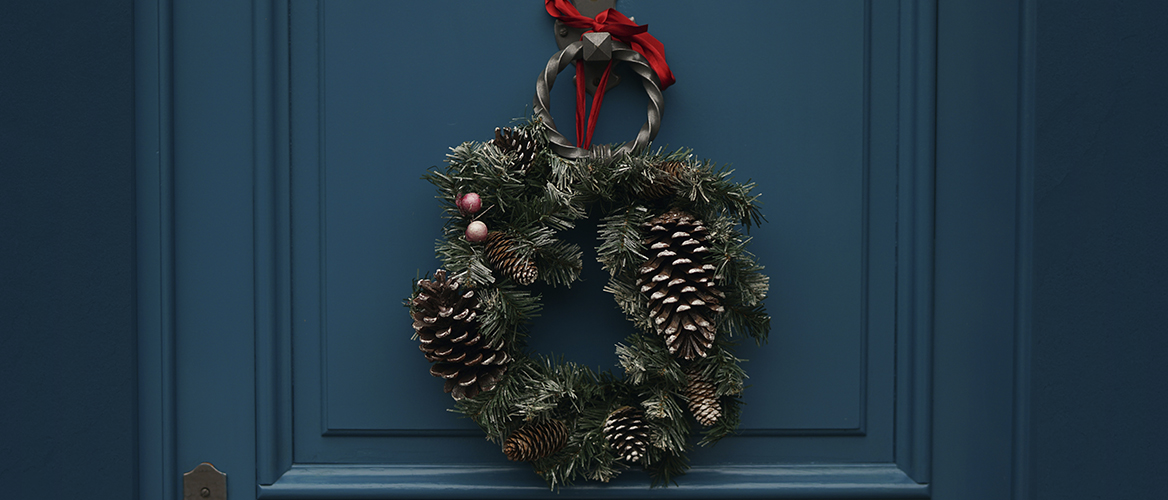December 22, 2021
January 2, 2018
Living as an expat in a different country far from friends, family and home comforts can be challenging. Going home for Christmas tends to be high on everyone’s list of priorities, but unfortunately not everyone can afford that luxury. Christmas in Spain is probably different than in your country, but Spanish Christmas traditions are undeniably charming and fun. In this blog post, I will shed some light on some of the best Christmas traditions in Spain.

Spanish Christmas Lottery
When Christmas is still a couple of months off and a stroll into the city centre doesn’t seem like a stampede death wish, you might start to notice queues becoming obscenely long outside little “shops” you never really noticed before. Upon further inspection you realise that they are not your average city centre shop, but in fact national lottery points of sale. It turns out one of the biggest Spanish Christmas traditions is the Christmas lottery.
For those of us who are still none the wiser, here’s a rundown: after a wee bit of research it turns out that in terms of prize money, the Spanish Christmas Lottery "El Gordo" is considered one of the biggest lotteries worldwide. The main draw takes place before Christmas, with a smaller one, conveniently named El Niño, being held on the 6th of January. Seems relatively straightforward so far, right? It gets a bit tricky when the ticket system and superstition come into play. There are more than 15,000,000 tickets (with a series of 5 numbers each) available to buy at 200 euros each, but most people opt for what is known as a décimo, essentially a tenth of each ticket and logically valid for a tenth of its prize money.
The insane queues at some lottery points can be explained by people’s obsession and/or superstition regarding a particular number series or the amount of winners that certain shop has produced. Take Doña Manolita in Madrid, for example, where the queue sometimes wraps around the block; this business is arguably the most famous in Spain with countless winners having bought tickets there. Some call it superstition; I call it probability – the more people buying tickets there, the more winners there will be. Regardless of how you see it, you got to be in it to win it, and I must say from experience, you will definitely feel left out if you don’t get a décimo at the very least.
Spanish Christmas Traditions for Dinner
Moving on to culinary traditions, Spain differs from most other countries when it comes to the eagerly awaited Christmas dinner. Most of us are used to a dinner-style lunch on Christmas Day with all the trimmings: turkey, ham, potatoes, gravy and the rest. If you’re doing the holiday season in Spain, especially with a Spanish family, prepare for a feast on Christmas Eve. From king prawns to a range of seafood or huge beef chops, Spaniards know how to do it, but call me strange, I’m personally looking forward to my Irish Christmas and mighty roast dinner this year. My Spanish husband will no doubt beg to differ.
New Year's Eve in Spain
This brings us on to New Year’s Eve and my favourite festive tradition in Spain – the twelve grapes at midnight. Steeped in history and once again, superstition, this tradition always gets me giggling. It basically consists of eating one grape with each strike of the bell at midnight on 31st December. Whether you believe that eating twelve grapes will bring prosperity the following year or you just do it for the laugh, it’s a must-do if you’re spending the holiday season in Spain. Don’t forget to get your grapes early – you would think that being one of the biggest wine producers in the world that there would be no problem finding grapes in the run up to New Years Eve; but think again, these little boys are like gold dust.
Dia de los Reyes Magos in Spain
In Ireland, when the 6th January is approaching, so too does the feeling that all the festive fun is coming to an end. Not in Spain – it’s only getting to the good part, i.e., gift time. Santa normally drops off our presents on Christmas Eve, but the majority of families in Spain follow the tradition of the Three Kings, or "los reyes magos". These guys seemingly take over Santa’s duties in Spain and swing by your house with gifts on the 6th January. In a way, this Spanish tradition makes more sense in terms of the connection with Christianity and the Three Wise Men, but what replaces the cookies and milk for Santa that we’re used to leaving out?
Most of us look forward to returning home for Christmas and taking part in our own silly traditions, but if you’re spending the festive season in Spain this year, get fully involved and buy a lotto ticket, a bunch of grapes and don’t give out your presents until the 6th January.
.png?width=344&height=67&name=logo_caser%20(2).png)





Let Us Know What You Thought about this Post.
Put your Comment Below.